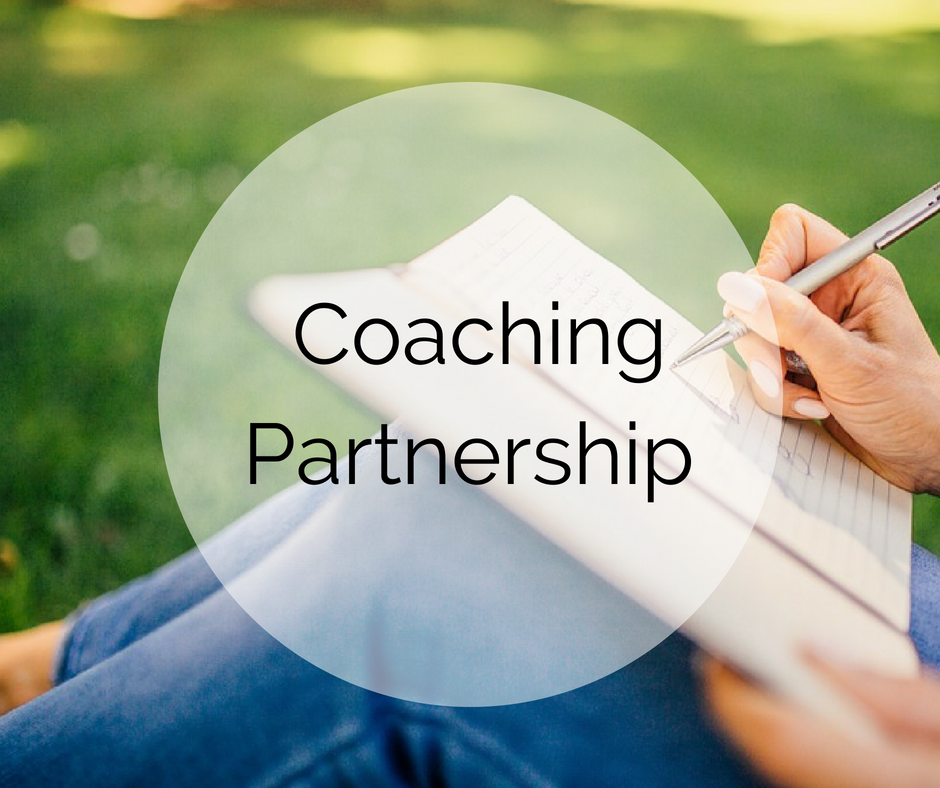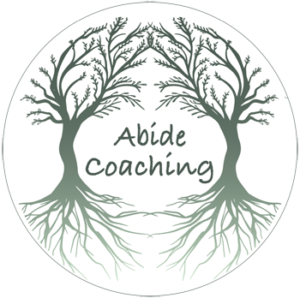In most relationships, someone is in charge but in a good coaching relationship, no one is. It is a partnership. Both parties have responsibilities to the other party.
The coaches role is to:
- Believe the coachee is naturally creative resourceful and whole
- Create an environment where the coachee is comfortable to open up
- Hold the coachee’s agenda
- Co-create details of each partnership with each client
- Use active listening to hear the coachee’s words and meanings
- Make connection the coachee may not see
- Call-out contradictions and support coachee in clarifying beliefs, needs, and wants
- Invite the coachee to fully explore, become self-aware and learn
- Invite the coachee to examine their strengths and skills that will allow for growth/change
- Support and encourage coachee to examine possibilities
- Support coachee to create powerful actions to move forward
The coachee’s role is to:
- Initiate coaching
- Set the agenda by coming prepared to sessions with topics/questions
- Co-create details of the partnership
- Take opportunities in sessions to explore, examine and create during sessions
- Take actions between coaching sessions
- Take responsibilities for actions or lack of actions between session
Coaching is driven by the coachee. Ultimately the coachee is accountable for the outcomes and results. Coaching is a process, not an event so the coachee must be willing to do the work required. The coachee is the primary beneficiary of the process. The coach’s only agenda is a support the goals and agenda of the coachee.
The process will have growth, learning, failure, support, encouragement, and rewards.


